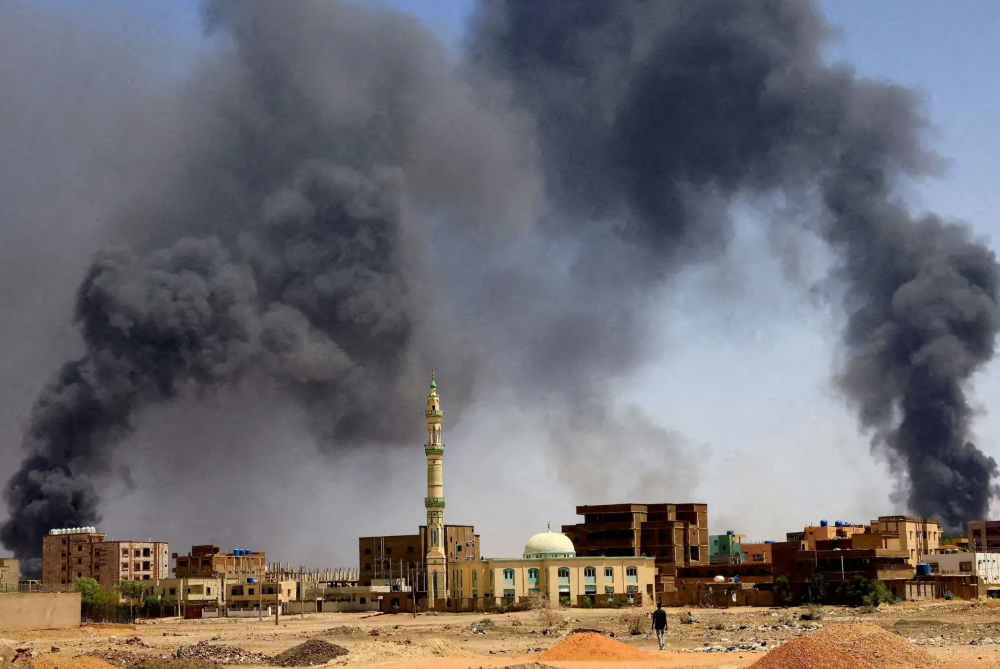
Sudans War: What Lessons Have Been Learned?
Youssef Siraj
The devastating losses and damages resulting from over 130 days of fighting near civilians in the capital Khartoum seem incalculable and defy accurate enumeration. The existing authorities, even voluntary organizations, have been unable to provide accurate figures for the casualties who perished in those fierce battles between the army and the Rapid Support Forces.
The nature of random escalation has prevented influential and specialized sectors, like doctors and journalists, from carrying out their escalating professional duties daily as the war continues, its impact widens, and its repercussions unfold.
Journalists were not an exception, or if anything, they were among the most affected groups. The harm extended to losing cherished lives within the media community. The incident of journalist Essam Marjans murder spread sadness among his colleagues and acquaintances. His family had to lay him to rest within their own home in Khartoum.
The journalistic community was also shocked by the killing of photojournalist Essam El Haj during the same August. Furthermore, human rights organizations condemned what the journalist Inaam El Nur suffered: torture, arbitrary detention, and the destruction of her journalistic equipment.
These two incidents were not isolated but rather the most horrifying and prominent among dozens of attacks against journalists and media professionals who were targeted through various methods deliberately aimed at obstructing their journalistic duties.
The evidence shows that the warring parties in Sudan did not abide by agreements, primarily the international humanitarian law that guarantees the protection of journalists while covering aspects of the war. Being civilians, they must be shielded by the authorities.
One of the most crucial lessons learned from the current war is the necessity of educating official institutions about the contents and principles of international humanitarian law, which ensures freedom of movement and work, as well as the protection of journalists during wars and field incidents. Moreover, the warring parties should strive to shield and assist them in performing their tasks, as has happened in numerous countries that have experienced similar catastrophes.

